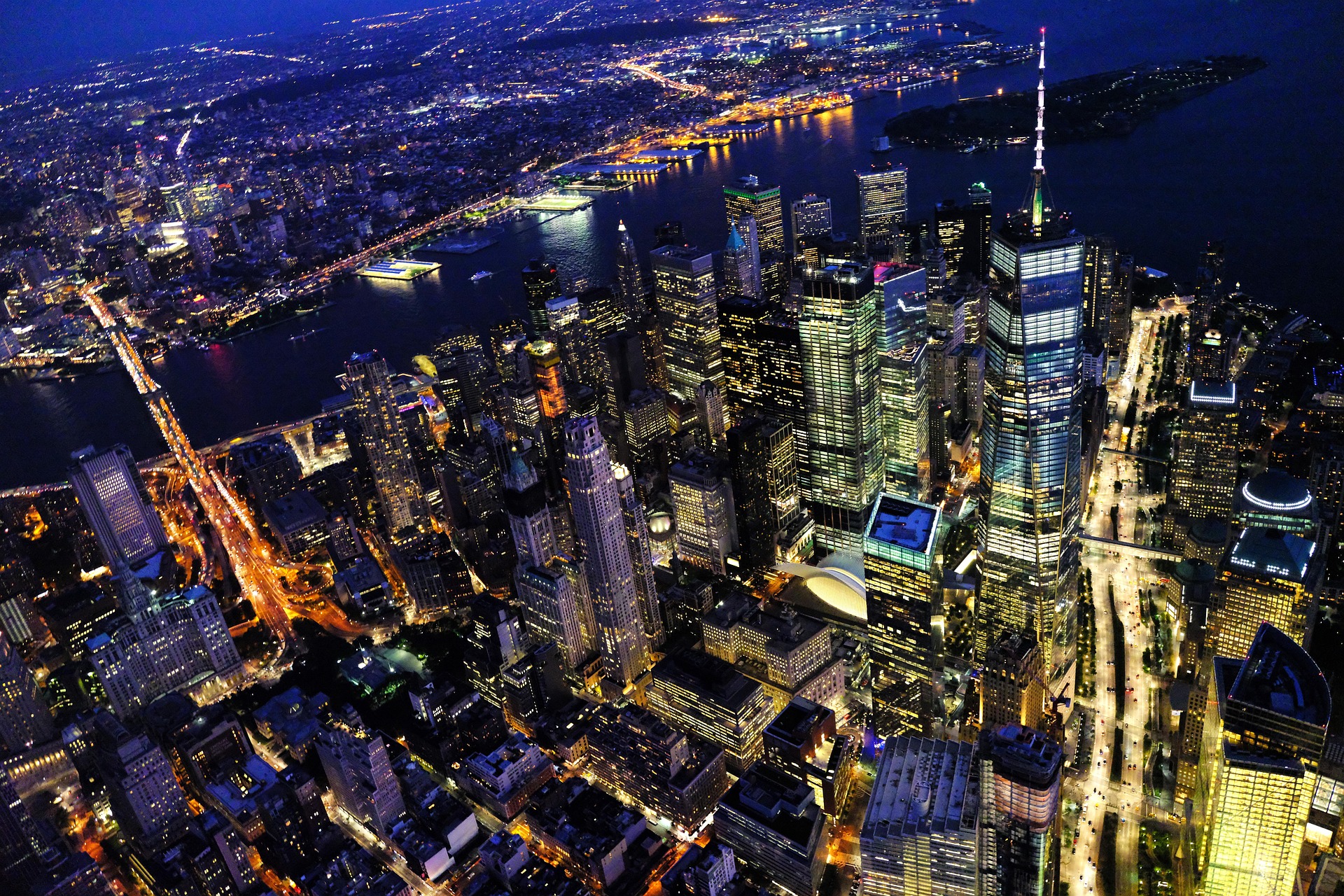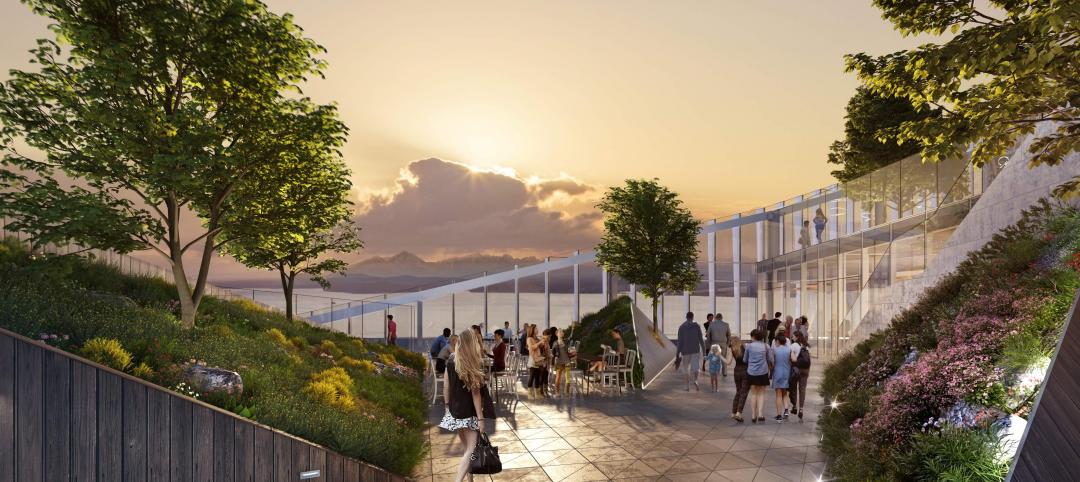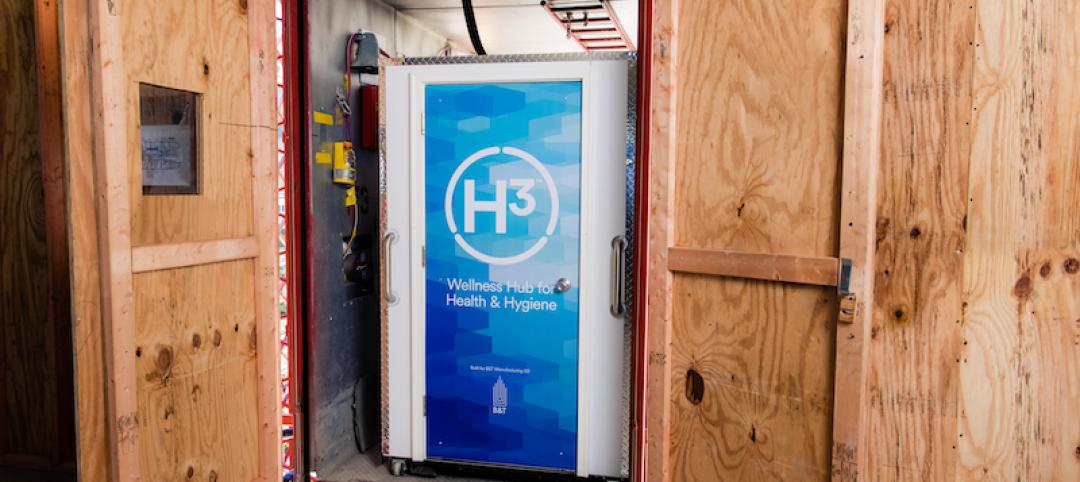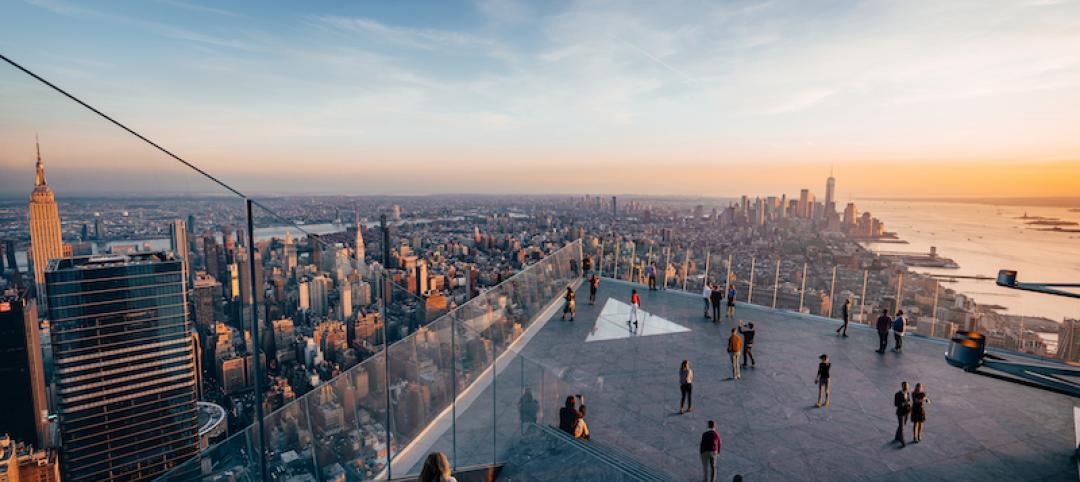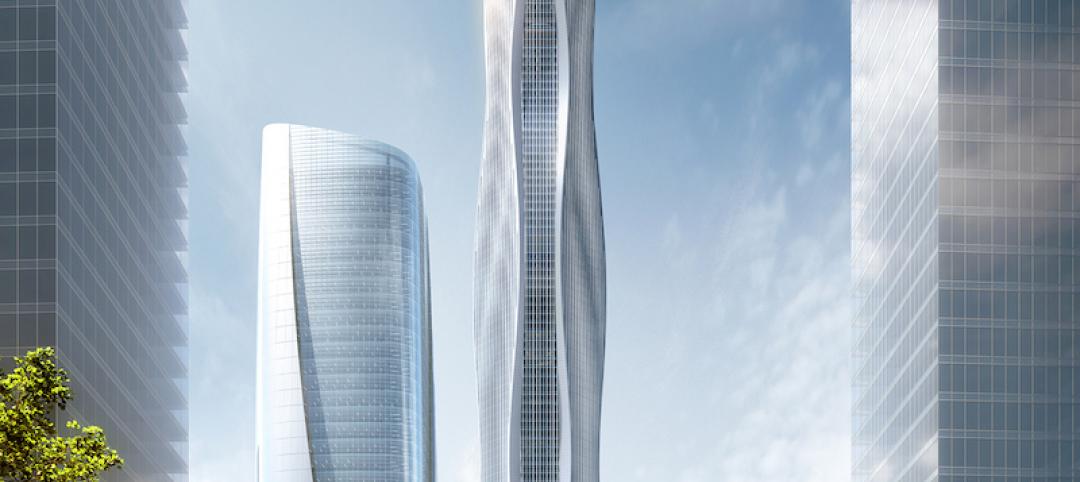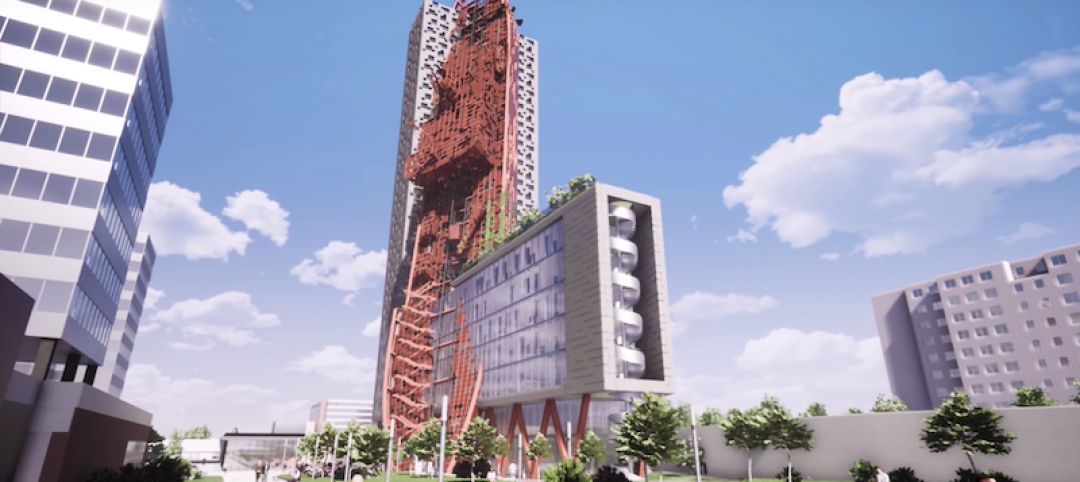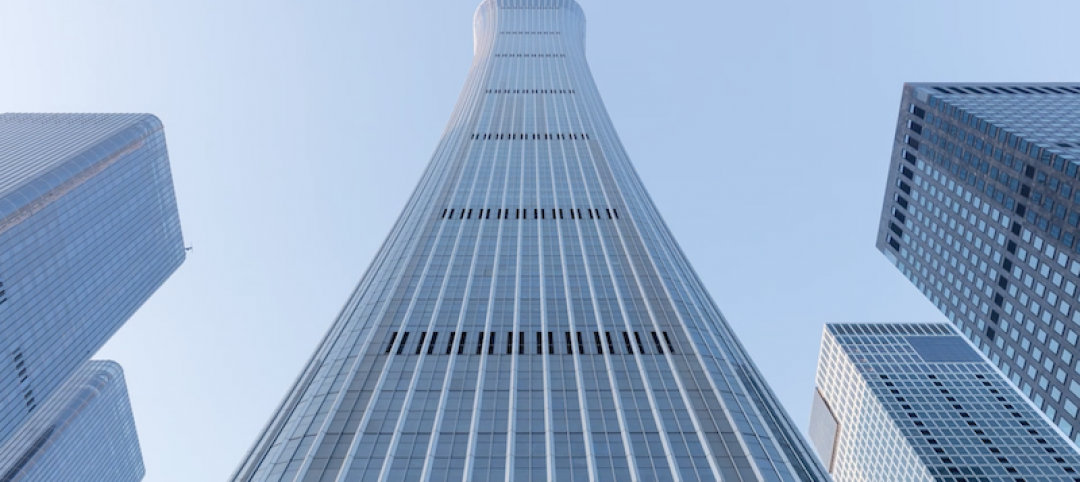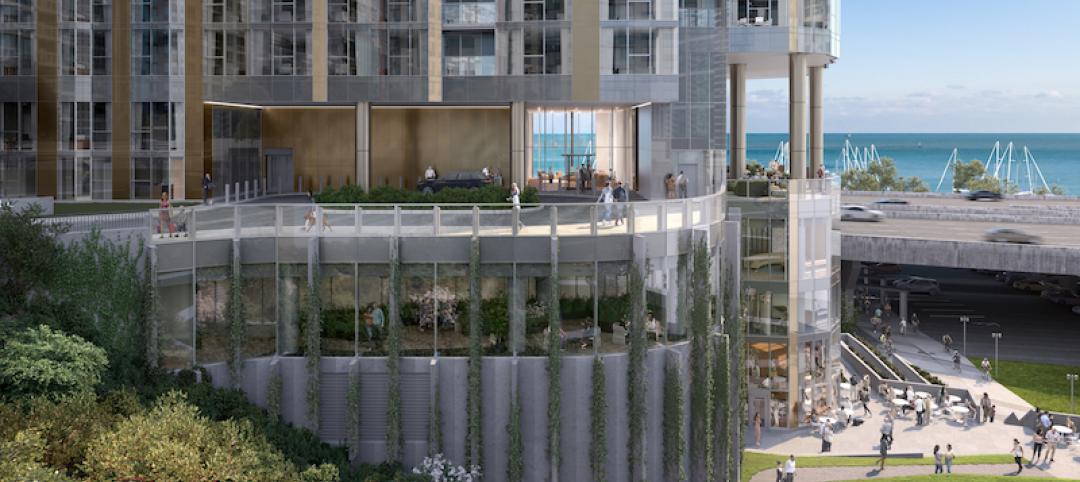nZero, developer of a real-time carbon accounting and management platform, is offering free carbon emissions assessments for buildings in New York City.
The offer is intended to help building owners prepare for the city’s upcoming Local Law 97 reporting requirements and compliance. This law will soon assess monetary fines for buildings with emissions that are in non-compliance.
Nearly 20% of properties are currently over the Local Law 97 caps set for 2024, while about 76% of properties are over the caps set for 2030, according to a nZero news release. “The Real Estate Board of New York (REBNY) estimates 3,700 properties could initially be out of compliance and face over $200 million per year in penalties—this could exceed $900 million annually by 2030,” the release says.
Local Law 97 introduces GHG emissions requirements on buildings over 25,000 sf, and two or more buildings on the same tax lot with a combined size exceeding 50,000 sf. The non-compliance penalty is $268 per metric ton, with the largest non-compliant buildings estimated to be facing fines greater than $100,000 per year. Initial reporting is due May 2025.
“Every building at a certain size will need to meet the new Local Law 97 emissions regulations, but you can't act on what you can't measure,” says Josh Griffin, co-founder and chief policy officer of nZero. “The key to avoiding penalties in May 2025 is early action. Our free assessment helps buildings benchmark emissions now, see what their footprint will look like under the new reporting standards, and offer a decarbonization roadmap based on their unique needs.”
Related Stories
Office Buildings | Aug 4, 2021
‘Lighthouse’ office tower will be new headquarters for A2A in Milan
The tower, dubbed Torre Faro, reimagines the company’s office spaces to adapt to people’s ever-changing needs at work.
High-rise Construction | May 27, 2021
The anti-high rise: Seattle's The Net by NBBJ
In this exclusive video interview for HorizonTV, Ryan Mullenix, Design Partner with NBBJ, talks with BD+C's John Caulfield about a new building in Seattle called The Net that promotes wellness and connectivity.
Mixed-Use | Apr 22, 2021
Jakarta’s first supertall tower tops out
The project will anchor the Thamrin Nine development.
High-rise Construction | Jan 20, 2021
Casablanca Finance City Tower becomes Morphosis’ first project in Africa
The tower is the first building completed in Casablanca Finance City.
Products and Materials | Sep 23, 2020
A new portable restroom is designed for mobility
Lendlease invented the H3 Wellness Hub, which can include natural lighting and UV bacteria control.
High-rise Construction | Mar 20, 2020
Edge, the Western Hemisphere’s highest outdoor skydeck opens
The attraction is part of 30 Hudson Yards.
High-rise Construction | Nov 6, 2019
AS+GG releases design scheme for the South HeXi Yuzui Financial District and Tower
The firm won an international design competition for the project in 2018.
High-rise Construction | Oct 7, 2019
A giant shipwreck sculpture highlights the proposal for Prague’s tallest building
Sculptor David Černý and architect Tomáš Císař from the studio Black n´ Arch designed the project.
High-rise Construction | Oct 4, 2019
KPF-designed CITIC tower is Beijing’s tallest
The tower is the fourth tallest in China and the eighth tallest in the world.
High-rise Construction | Sep 19, 2019
Two residential towers break ground in Chicago’s Lakeshore East
bKL Architecture designed the towers.


